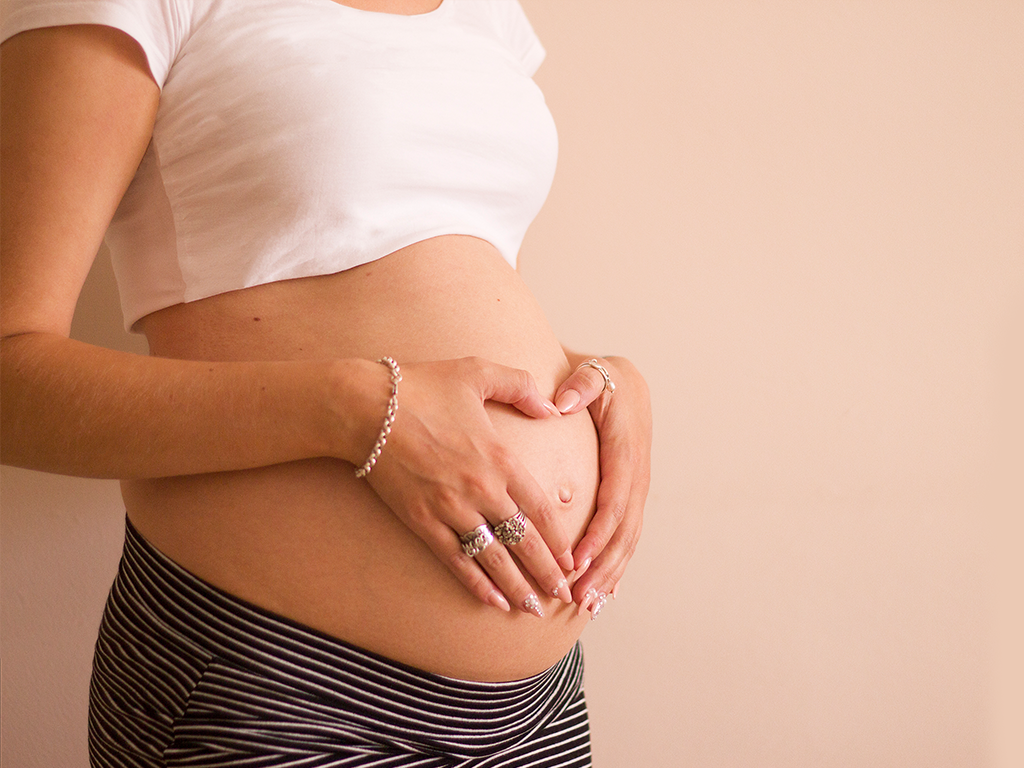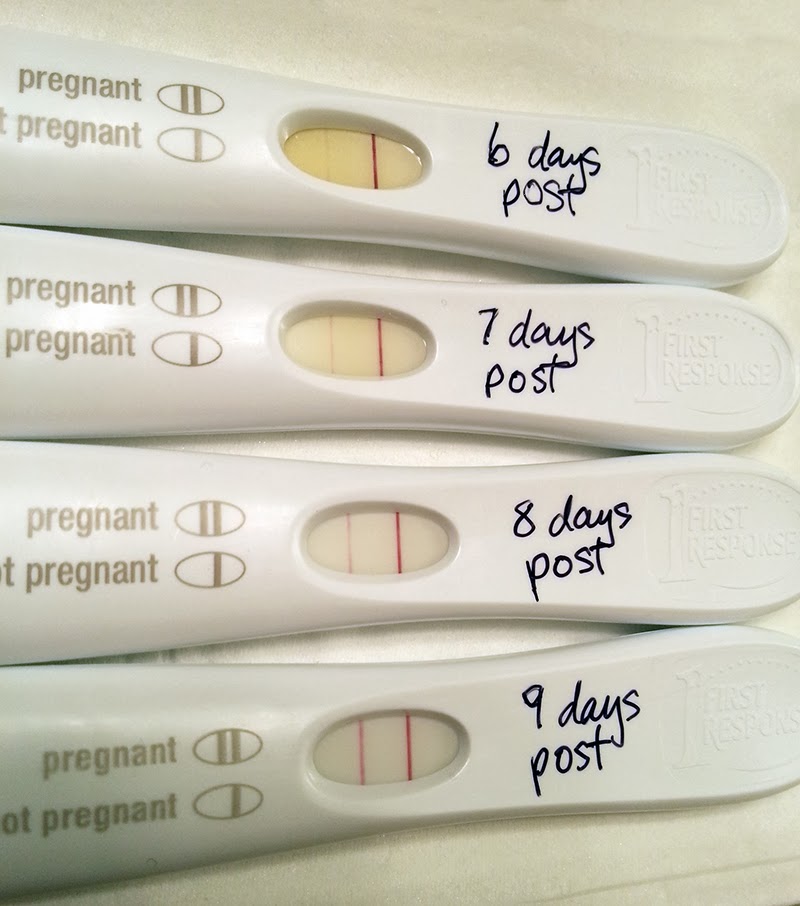7 Days Post Ovulation Symptoms - Early pregnancy symptoms by days past ovulation (dpo) can be similar to symptoms of pms. At seven days past ovulation (or 7 dpo), you’re about one week away from your period — and if you’re trying to conceive, you might be ticking down the days until you can take a pregnancy test. Here are some of the most common 7 dpo symptoms in the early stages. Understand what happens 7 days post ovulation (7 dpo). Examples include bloating, breast tenderness, nipple changes, food. Tracking days past ovulation (dpo) can help you plan for the best time to take a pregnancy test and help you monitor and track early symptoms of pregnancy. This can be quite an emotional time, and. Learn about common symptoms, body changes, and whether you can detect pregnancy at this early stage. This process is called ovulation. Each month one of your ovaries will release an “oocyte” from the dominant (usually largest) “follicle”.
This process is called ovulation. At seven days past ovulation (or 7 dpo), you’re about one week away from your period — and if you’re trying to conceive, you might be ticking down the days until you can take a pregnancy test. This can be quite an emotional time, and. Understand what happens 7 days post ovulation (7 dpo). Here are some of the most common 7 dpo symptoms in the early stages. Tracking days past ovulation (dpo) can help you plan for the best time to take a pregnancy test and help you monitor and track early symptoms of pregnancy. Each month one of your ovaries will release an “oocyte” from the dominant (usually largest) “follicle”. Early pregnancy symptoms by days past ovulation (dpo) can be similar to symptoms of pms. Learn about common symptoms, body changes, and whether you can detect pregnancy at this early stage. Examples include bloating, breast tenderness, nipple changes, food.
This can be quite an emotional time, and. Tracking days past ovulation (dpo) can help you plan for the best time to take a pregnancy test and help you monitor and track early symptoms of pregnancy. Examples include bloating, breast tenderness, nipple changes, food. Each month one of your ovaries will release an “oocyte” from the dominant (usually largest) “follicle”. At seven days past ovulation (or 7 dpo), you’re about one week away from your period — and if you’re trying to conceive, you might be ticking down the days until you can take a pregnancy test. Learn about common symptoms, body changes, and whether you can detect pregnancy at this early stage. Here are some of the most common 7 dpo symptoms in the early stages. Early pregnancy symptoms by days past ovulation (dpo) can be similar to symptoms of pms. This process is called ovulation. Understand what happens 7 days post ovulation (7 dpo).
7 dpo what to expect at 7 days post ovulation
Here are some of the most common 7 dpo symptoms in the early stages. Early pregnancy symptoms by days past ovulation (dpo) can be similar to symptoms of pms. At seven days past ovulation (or 7 dpo), you’re about one week away from your period — and if you’re trying to conceive, you might be ticking down the days until.
7 days after ovulation symptoms • Child's Mom
This process is called ovulation. This can be quite an emotional time, and. At seven days past ovulation (or 7 dpo), you’re about one week away from your period — and if you’re trying to conceive, you might be ticking down the days until you can take a pregnancy test. Each month one of your ovaries will release an “oocyte”.
Pin on Ovulation symptoms
Tracking days past ovulation (dpo) can help you plan for the best time to take a pregnancy test and help you monitor and track early symptoms of pregnancy. At seven days past ovulation (or 7 dpo), you’re about one week away from your period — and if you’re trying to conceive, you might be ticking down the days until you.
Dolore al capezzolo prima del periodo Foto erotiche e porno
At seven days past ovulation (or 7 dpo), you’re about one week away from your period — and if you’re trying to conceive, you might be ticking down the days until you can take a pregnancy test. Examples include bloating, breast tenderness, nipple changes, food. Tracking days past ovulation (dpo) can help you plan for the best time to take.
Ovulation Symptoms 9 Signs of Ovulation Ovulation
This can be quite an emotional time, and. Examples include bloating, breast tenderness, nipple changes, food. Early pregnancy symptoms by days past ovulation (dpo) can be similar to symptoms of pms. Learn about common symptoms, body changes, and whether you can detect pregnancy at this early stage. Understand what happens 7 days post ovulation (7 dpo).
Abnehmen Sporthochschule Köln Kosten
At seven days past ovulation (or 7 dpo), you’re about one week away from your period — and if you’re trying to conceive, you might be ticking down the days until you can take a pregnancy test. Here are some of the most common 7 dpo symptoms in the early stages. Understand what happens 7 days post ovulation (7 dpo)..
UPDATE 614 DPO FRER progression cycle days 2634 . 6 DPO was crazy
Here are some of the most common 7 dpo symptoms in the early stages. Understand what happens 7 days post ovulation (7 dpo). Each month one of your ovaries will release an “oocyte” from the dominant (usually largest) “follicle”. Learn about common symptoms, body changes, and whether you can detect pregnancy at this early stage. Early pregnancy symptoms by days.
11 days after conception hiccups pregnancy
At seven days past ovulation (or 7 dpo), you’re about one week away from your period — and if you’re trying to conceive, you might be ticking down the days until you can take a pregnancy test. Tracking days past ovulation (dpo) can help you plan for the best time to take a pregnancy test and help you monitor and.
7 Days PostOvulation What Symptoms to Expect
This process is called ovulation. At seven days past ovulation (or 7 dpo), you’re about one week away from your period — and if you’re trying to conceive, you might be ticking down the days until you can take a pregnancy test. Early pregnancy symptoms by days past ovulation (dpo) can be similar to symptoms of pms. Here are some.
7 Days PostOvulation What Symptoms to Expect
This can be quite an emotional time, and. Examples include bloating, breast tenderness, nipple changes, food. Understand what happens 7 days post ovulation (7 dpo). Each month one of your ovaries will release an “oocyte” from the dominant (usually largest) “follicle”. Tracking days past ovulation (dpo) can help you plan for the best time to take a pregnancy test and.
Tracking Days Past Ovulation (Dpo) Can Help You Plan For The Best Time To Take A Pregnancy Test And Help You Monitor And Track Early Symptoms Of Pregnancy.
Understand what happens 7 days post ovulation (7 dpo). Early pregnancy symptoms by days past ovulation (dpo) can be similar to symptoms of pms. Here are some of the most common 7 dpo symptoms in the early stages. Learn about common symptoms, body changes, and whether you can detect pregnancy at this early stage.
Examples Include Bloating, Breast Tenderness, Nipple Changes, Food.
This can be quite an emotional time, and. At seven days past ovulation (or 7 dpo), you’re about one week away from your period — and if you’re trying to conceive, you might be ticking down the days until you can take a pregnancy test. Each month one of your ovaries will release an “oocyte” from the dominant (usually largest) “follicle”. This process is called ovulation.









